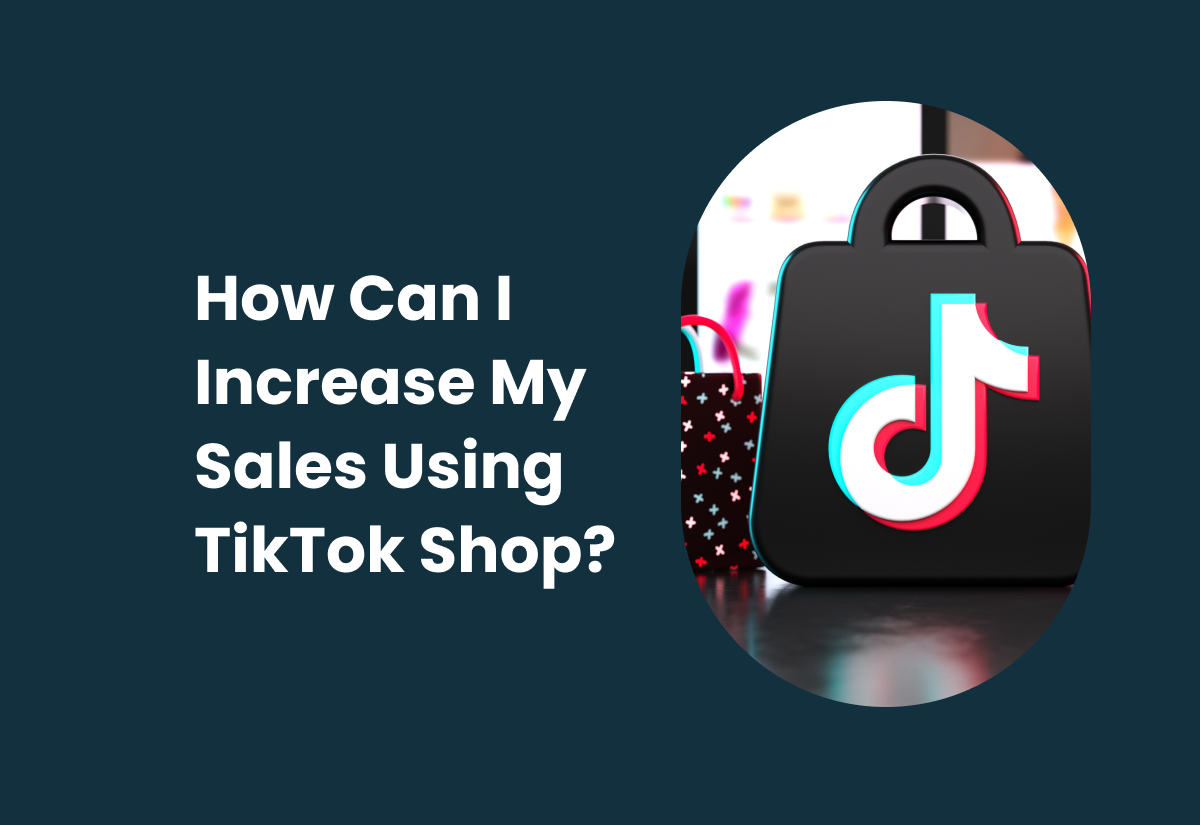A plethora of talented influencers have conquered our screens and won our hearts. Whether bloggers, Instagrammers, or YouTubers, they all have the ability to influence their followers. Businesses have fully understood how to leverage this talent by establishing mutually beneficial partnerships. However, it’s essential to remember that despite this power of influence, there are legal rules to follow—reminding us that marketing does not operate in a Wild West. Let’s take a closer look at the rules applicable to influencers in European countries.
What is an influencer??
In the world of online marketing and communication, an influencer is an individual who creates and shares content on a specific topic across various online platforms, particularly social media such as Instagram, Facebook, YouTube, Twitter, Pinterest, TikTok, as well as blogs. This person builds an active audience and gains a certain level of online fame. This notoriety gives them the ability to deliver messages and share opinions about products, services, or brands. Their community trusts their judgment and takes their opinions into account. Consequently, their followers are influenced by these recommendations and adjust their consumption behavior accordingly.
⚠️ Important note:
Influencers operating as sole traders outside the European Union but targeting a French audience must comply with two essential obligations:
- Appoint a legal representative in an EU country.
- Take out professional liability insurance.
France: The first European country to draft a law on influencers
France is the first European country to establish a legal framework regulating the commercial influence industry. Law no. 2023-451 of June 9, 2023 aims to regulate commercial influence and combat influencer-related misconduct on social media.
Anyone or any entity that engages with the public on platforms, like YouTube, Facebook, TikTok, Snapchat, or Instagram to promote products, among other things, will be subject to this new regulation.
What is the legal status of an influencer?
The legal status of influencers varies depending on their partnerships with brands. Some work for free, while others sign contracts under labor law for sponsored videos.
If the brand defines the influencer's role similarly to that of an actor or performer, it falls under labor law. The use of the influencer's image is equivalent to a modeling contract.
In the absence of these scenarios, the influencer is considered an independent service provider.
What does an influencer contract include?
An influencer contract must include the names of the parties, obligations, compensation, and applicable laws. Editorial requirements and exclusivity clauses may also be added for clarity.
Rules for advertising content
- Special disclaimers: Advertisement, commercial partnership, retouched photo, virtual photo…
- Ban on certain products (financial solicitation, cosmetic surgery promotion, etc.)
- Transparency in dropshipping
- Compliance with copyright law
Responsibilities of hosting providers
- Mandatory supervision of content creator publications
- Reporting of illegal content in compliance with legal requirements
What are the rules for influencers in Belgium?
Article VI. 100, paragraph 11, of the Belgian Economic Law Code states that professionals who pay influencers to advertise on social media must ensure that influencers clearly indicate when their content is an advertisement.
Mandatory hashtags #️⃣
- When an influencer is advertising, they must mention the business or brand paying them and clearly use a word like “advertisement,” “sponsorship,” or “ad” so that followers see it. On Instagram, this must be the first tag, or placed directly on the photo or video in stories. The word must be clear and highly visible, with contrasting colors. It must also be in the same language as the video or photo content.
- Flemish legislation has recently integrated an EU directive requiring media service providers in Flanders to clearly identify commercial communications.
Labels
Influencers must use platform-specific labels. For example, on Instagram, there is a “paid partnership” label.
Transparency 🔖
Transparency is essential in influencer marketing. To ensure this, the influencer must:
- Tailor their language to their audience, especially when addressing minors
- Ensure their message is clearly perceived as commercial
- Be honest and avoid misleading information
- Provide their business contact details (business registration number, business address, email), if acting in a professional capacity
What are the penalties for non-compliance?

Oversight of advertising compliance is entrusted to the Advertising Ethics Jury. This body is responsible for reviewing and ensuring regulatory adherence.
Anyone wishing to protect consumer interests or preserve the integrity of advertising can file a complaint with this dedicated organization. Once the advertiser has presented their arguments, the Jury may take the following actions:
- Terminate a campaign
- Modify a campaign
- Issue a cautionary opinion
What about other European Union countries?
In most EU countries, influencer marketing is regulated by national laws and European standards concerning advertising and consumer protection. Self-regulatory authorities (SRAs) handle disputes and complaints.
Here’s a brief overview of various SRAs, laws, and guidelines that govern influencer marketing across Europe:
Germany
On Instagram, influencers operate as businesses when promoting products or services. Any promotion involving financial compensation must be clearly marked with the words “Werbung” or “Anzeige”. Whether a post counts as advertising depends on the level of critique and factual information it contains—something German courts, like the BGH, have ruled on.
Luxembourg
Influencers in Luxembourg aren’t subject to a specific influencer law, but they must comply with general advertising legislation. The ALIA (Luxembourg Independent Audiovisual Authority) oversees and enforces compliance with audiovisual and media service regulations. Influencers are responsible for ensuring their advertising aligns with ALIA's guidelines.
Austria
Austrian laws and advertising ethics codes require influencers to clearly disclose promotional content. The Austrian Advertising Council even provides a tool called “influencercheck” to help influencers determine whether their content must be labeled as advertising.
Italy
In Italy, influencers must clearly indicate when a post is promotional, in accordance with Directive 2005/29/EC and the Italian Consumer Code. This disclosure must appear at the beginning of the post, among the first hashtags, or use terms such as #Pubblicità or #Sponsorizzato da, as required by the Italian Advertising Standards Authority’s “Digital Chart Regulation.”
Conclusion
Whether you're in France, Belgium, Germany, Luxembourg, or elsewhere in Europe, the rules differ slightly. However, the need to clearly label advertising content remains universal. Ultimately, transparency, ethics, and legal compliance are essential to maintain a healthy relationship between influencers, brands, and their audiences.
» TREEZ, the solution to monetizing social media interactions
Join us by downloading the app ⬅️




.png)
.png)


